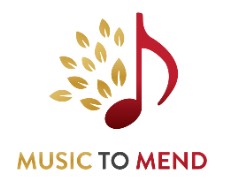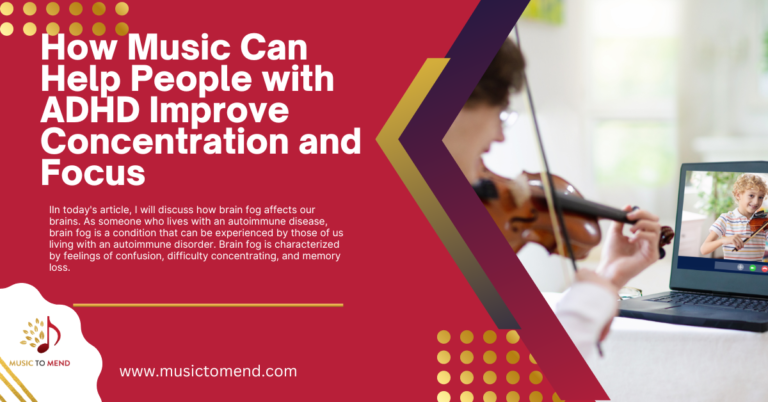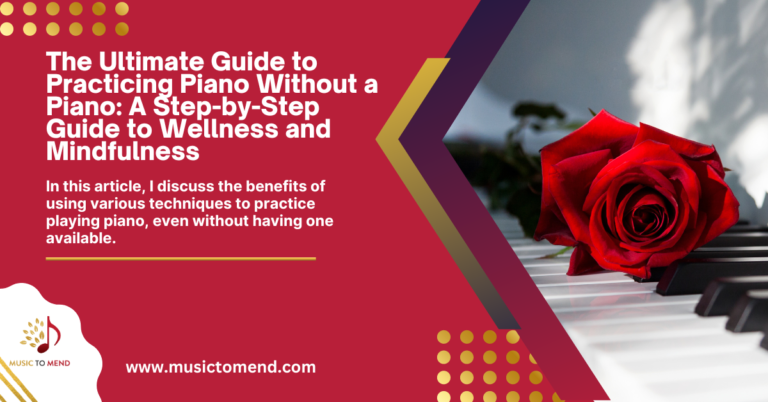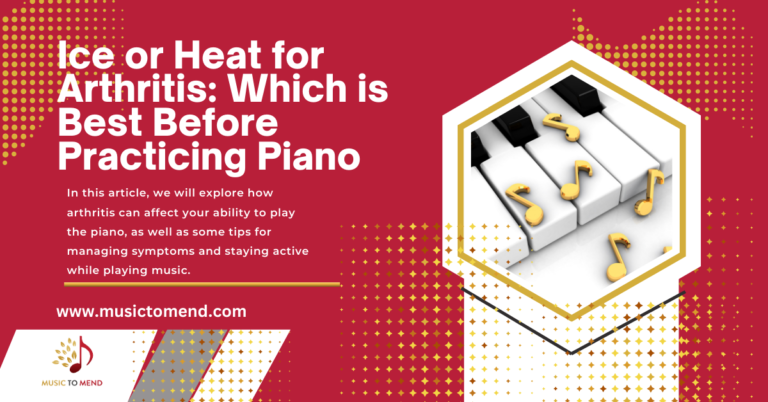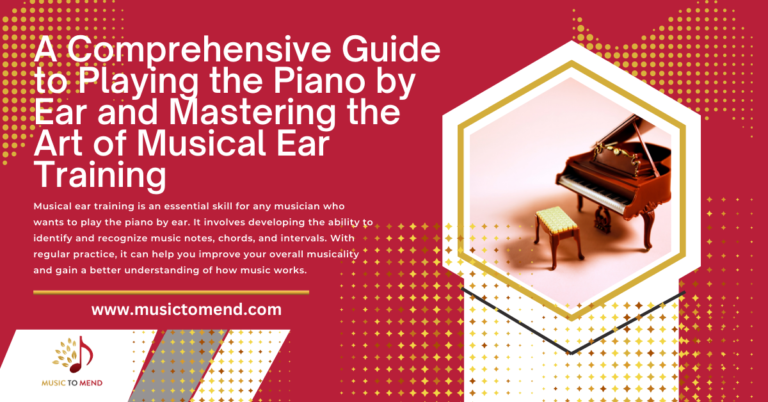Exploring the Wonders of Music Therapy and Its Benefits for the Brain
In today’s article, I’ll be discussing and exploring the wonders of music therapy and its benefits for the brain.

What is Music Therapy and How Does it Help the Brain?
Music therapy is an evidence-based practice that uses music to promote physical, psychological, and spiritual health. It has been used for centuries to help people cope with mental and physical issues. Music therapy can be used to improve the brain’s ability to process information, reduce stress and anxiety, improve concentration, and even enhance creativity. It can also be used to help people with neurological conditions such as Parkinson’s disease or stroke victims using stroke music therapy to recover more quickly. In this article we will discuss what music therapy is, its benefits for brain health, and how it works. We will also explore the different types of music therapy available such as Neurologic Music Therapy (NMT) which focuses on improving motor control in people with neurological conditions.
The Science Behind Why Music is Good for the Brain
Music is known to have a powerful effect on our emotions and our behavior. But what is the science behind why music is so beneficial for our brains?
Recent research in neuroscience has revealed that music affects the brain in a variety of ways. It can reduce stress, improve cognitive performance, and even help with emotional regulation. Music therapy has been used to treat depression, anxiety, and PTSD, as well as to improve focus and memory.
In this article, we will explore the neuroscience behind why music is good for the brain. We will look at how it affects us neurologically, as well as discuss some potential use cases of music therapy. Music is a crucial part of everyday life, as it helps to facilitate social interaction and can be used to help improve cognitive functioning. Practicing music and setting music therapy goals can also be beneficial for mental health in a variety of ways, including improving mood and decreasing anxiety levels. The physiological effects of listening to music are quite complex, with numerous possibilities that cannot be fully explained by the current scientific research. What we do know is that there are some general anatomy-based findings that support the idea that music has beneficial effects on our brains. Brain entrainment music can also bring positive results to those suffering from a brain injury. Brain entrainment is a method of getting brain waves to sync with a specific stimulus. This stimulus is typically an audio or visual pattern. Brain wave entrainment techniques, such as the use of isochronic tones, are being studied as a potential therapy for a variety of health conditions.
Discovering the Benefits & Effects of Neuro Music Therapy
Neuro music therapy is a form of music therapy that uses rhythm and sound to help people with mental health issues, such as depression and anxiety. Music has the power to change our moods, regulate our emotions, and even alter our brain chemistry. By understanding how music affects the brain, we can use it to help improve mental health. In this article, we will explore the benefits and effects of neuro music therapy for those suffering from depression or anxiety. We will discuss what music does to your brain, how music helps mental health, and what are the benefits of using neuro music therapy for depression and anxiety relief. What Does Music Do To Your Brain? Music is a powerful way to heal the mind and body. Not only does it provide a sense of pleasure and joy that can be difficult to find in other stimuli, but it can also stimulate positive changes in your physiology. Sound waves are believed to travel through the body by activating areas of cells called neurons which send signals back and forth across the brain. Depending on where these neurons are located, different sounds will activate different neurons, causing different reactions.
Conclusion
Self-care is the practice of taking time to prioritize your own health and well-being. It is an essential part of maintaining physical and mental health, as it can help you to stay in control of your life, manage stress, and achieve your health goals.
BONUS: Meditation Healing Music is a type of music specifically designed to help listeners relax and meditate. It typically includes soothing melodies, gentle rhythms, and calming sounds such as birdsong or ocean waves. The music is composed to induce a state of relaxation and calmness while providing healing benefits. It can be used in various ways such as for stress relief, anxiety management, pain relief, and spiritual growth. Sound therapy for health has been used for centuries to promote physical and mental well-being. Listening to meditation healing music can help reduce stress levels, improve concentration and focus, boost creativity, increase self-awareness, and even help with insomnia. Through its therapeutic effects on the body and mind, it can be an effective way to promote overall health and wellbeing.
Here’s some relaxing, therapeutic music to help you relax, regain your focus and have a happy day.

ES_Beyond Gravity (Alpha Drone L172Hz R180Hz) – Ookean
I hope you found this article helpful. Wherever you are in your health and wellness journey, know you can always turn to music to help you relax, regain concentration, and enjoy living one day at a time.
Until next time, stay well and happy music-playing!
Bea
